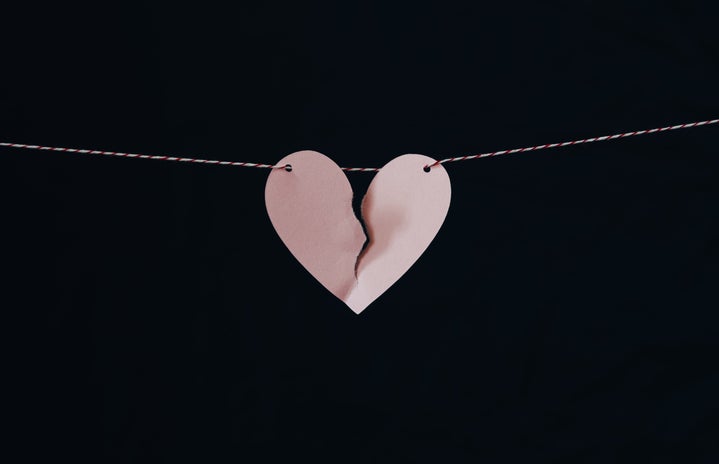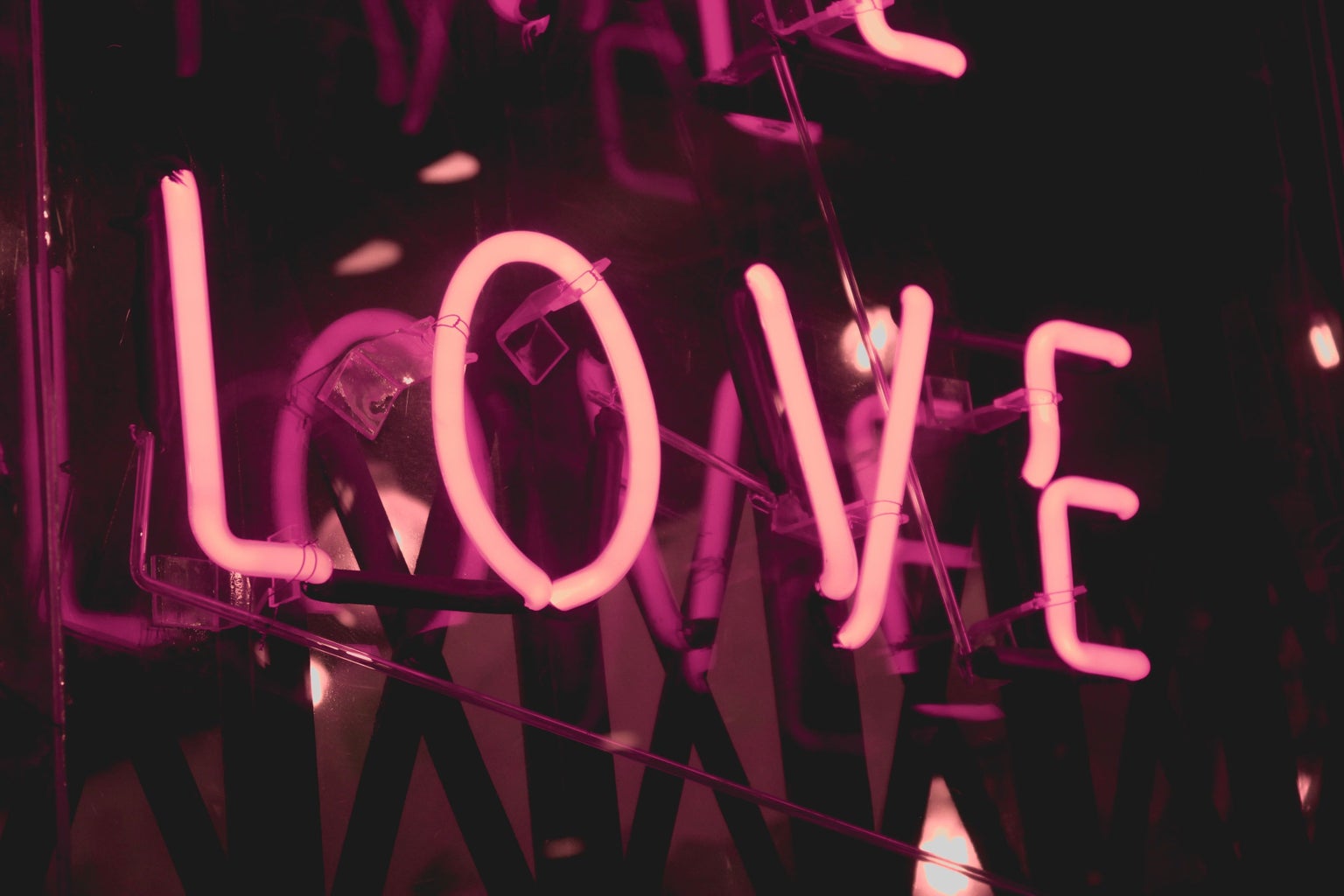Plenty of stories have leaned on fate, destiny, and “unavoidable” forces to intensify love in their plotlines. It’s appealing to think we have predetermined partners to sweep us away from the “boredom” of singleness. I used to firmly believe in soulmates because it gave me answers as to why relationships fail. Person xyz didn’t work, because my true, higher-ordained partner awaits me. As pessimistic as I’ll sound, I realized relying on a “soulmate” could lead me down a dangerous path filled with codependency, unrealistic expectations, and a blind eye to toxicity.
When we feel that someone is our destined soulmate, we think we have an existential obligation to them; we must be their “ride-or-die,” even at our own expense. Abuse, manipulation, and emotional instability become inconvenient accessories rather than detrimental flaws of a relationship. By thinking that someone is our soulmate, we can inadvertently subject ourselves to harm. Certain movie franchises, like the After series, have amplified this notion that abusive people are worth keeping in our lives if they are our “soulmates”; we should try to fix them rather than preserve ourselves. Unfortunately, this mentality is exercised outside of the big screen.
Relationships are challenging in one sense: through what difficulties should we stay with our partners, and when do we know it’s time to leave? The bonds of “soulmates” and “twin flames” heavily emphasize permanency; we feel compelled to stay with toxic people because we share an “unbreakable” bond with them. I avoid thinking of romantic partners as destined lovers because it brings a suffocating intensity to the connection; it makes me feel our bond is more important than my well-being.
While some people may think their partner is their soulmate, the opposite can also occur: feeling that your current romantic partner isn’t your true soulmate and that the grass is greener on the other side. Along with permanency, we have deeply intertwined the magnitude of love to the label of “soulmate.” We feel we can only receive and give the highest form of love to those we think are our destined partners. We associate deep attraction with existential connections, which is why some people leave wonderful romantic partners for outsiders with strong magnetism. I am not saying that physical/emotional attraction is not important for a relationship, but people mistake visceral attraction for a soul connection. Why do we think that soul connections are the only ones that can provide us with enriching love and affection? If I were to find a partner, and later learn that they are not my soulmate, should I let that define my love for them or their love for me? Should that downgrade all the years of support and encouragement I received from them?
As I’ve grown, I’ve learned to dissociate from romantic, man-made plotlines, and ground myself in the realities of relationships. Destined love is a beautiful concept to believe in, and I can’t be one to snatch this belief from others. However, I am also aware of the dangers that blind faith in soulmates can bring. This is why I have learned to judge partnerships for what they are in front of me, rather than existential labels. Soulmates and twinflames bring a magic touch to a romantic partnership, but never let these labels lead you in harm’s way, or abandon a healthy connection.





